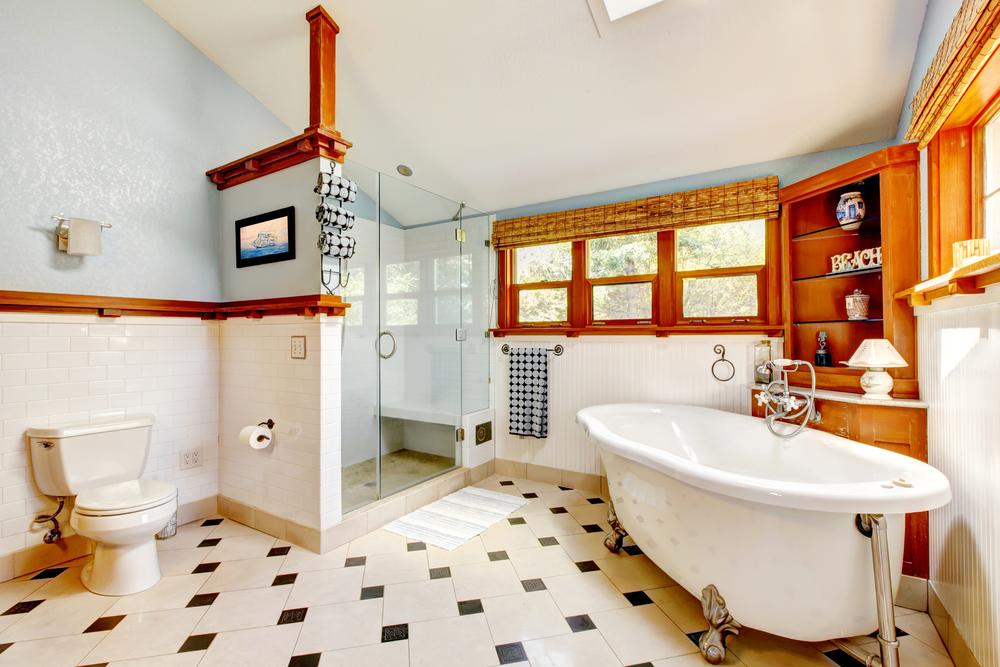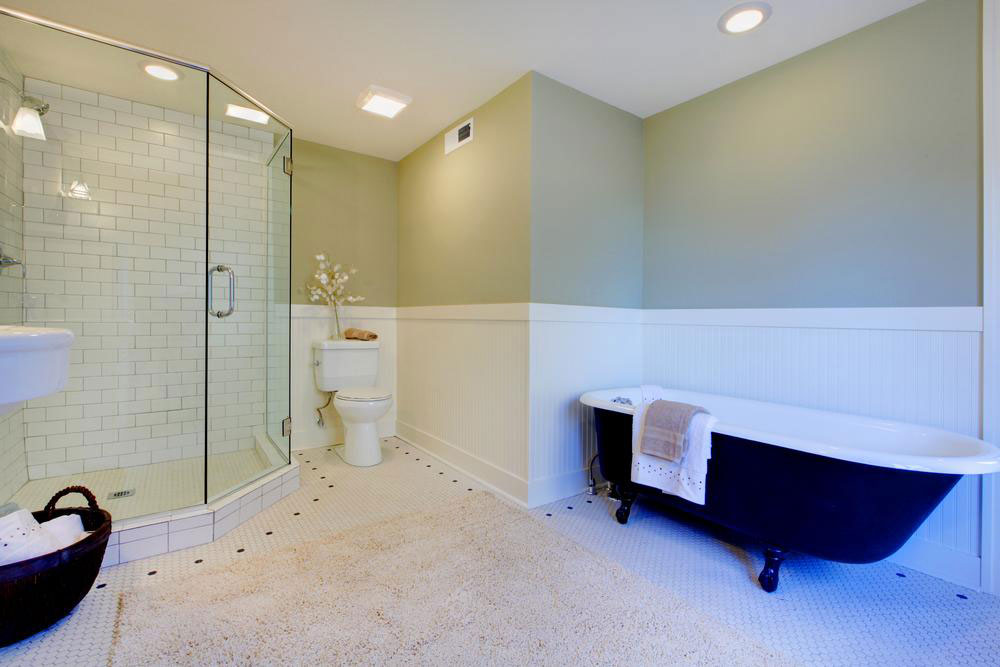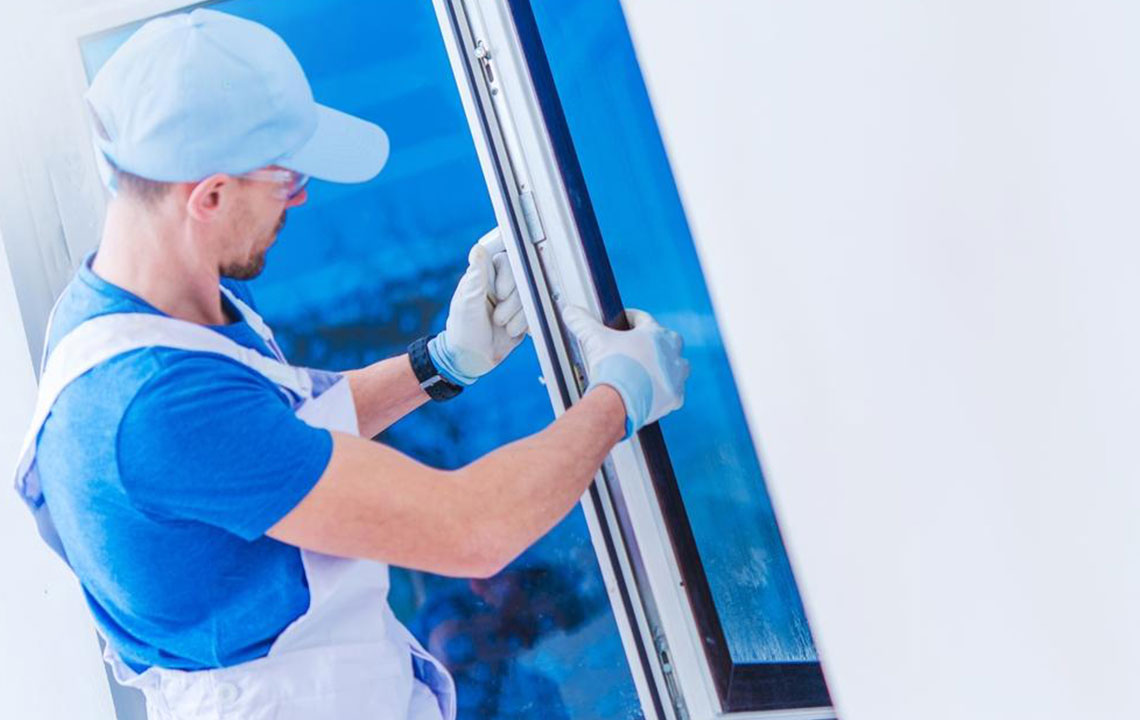Top Strategies for Effortless Kitchen Renovation
Learn essential tips for a smooth kitchen remodel, from setting budgets and exploring designs to choosing quality materials and selecting reputable contractors. This guide helps homeowners streamline their renovation process while avoiding common pitfalls, ensuring a successful and cost-effective kitchen upgrade.

Top Strategies for Effortless Kitchen Renovation
Renovating a kitchen can be costly, but choosing a reputable remodelling team ensures seamless integration of style and function. An experienced contractor adheres to local building codes, preventing future issues.
1. Define Your Budget
Setting a clear budget early helps determine feasible project scope, materials, appliances, and fixtures. Typical costs range from £770 to £4,600, influenced by size, features, and customization. Contractors usually charge around 8% of the total project cost, with larger projects costing more.
2. Explore Different Kitchen Designs
Identify your preferred aesthetic and prioritize features like storage or cooking area. Match design options with your space and budget to optimize both visual appeal and practicality.
3. Invest in Quality Materials
Choose durable, high-quality fixtures and materials for flooring, cabinets, lighting, and appliances. Quality doesn’t always mean expensive—select standard materials that last without overspending.
4. Shortlist Local Remodelers
Research nearby companies to benefit from better knowledge of local regulations and supply sources. Get recommendations from friends or family, or use online directories with reviews. Local contractors typically offer reduced transportation costs.
Seek Personal Recommendations
Ask trusted contacts for honest feedback on contractors to gauge quality of work.
Use Online Resources
Discover local remodelling firms via online platforms that include reviews and ratings by previous clients.
5. Verify Credentials Carefully
Narrow your options to reputable companies with verified licenses and certifications, such as membership in trade associations. For critical work like gas or electrical installations, ensure professionals are certified by relevant bodies like Gas Safe or NICEIC.
Examine Their Website
Reliable companies display portfolios, testimonials, and proof of compliance online.
Confirm Licences and Certifications
Check current licences and memberships to ensure industry standards and safety regulations are met.










